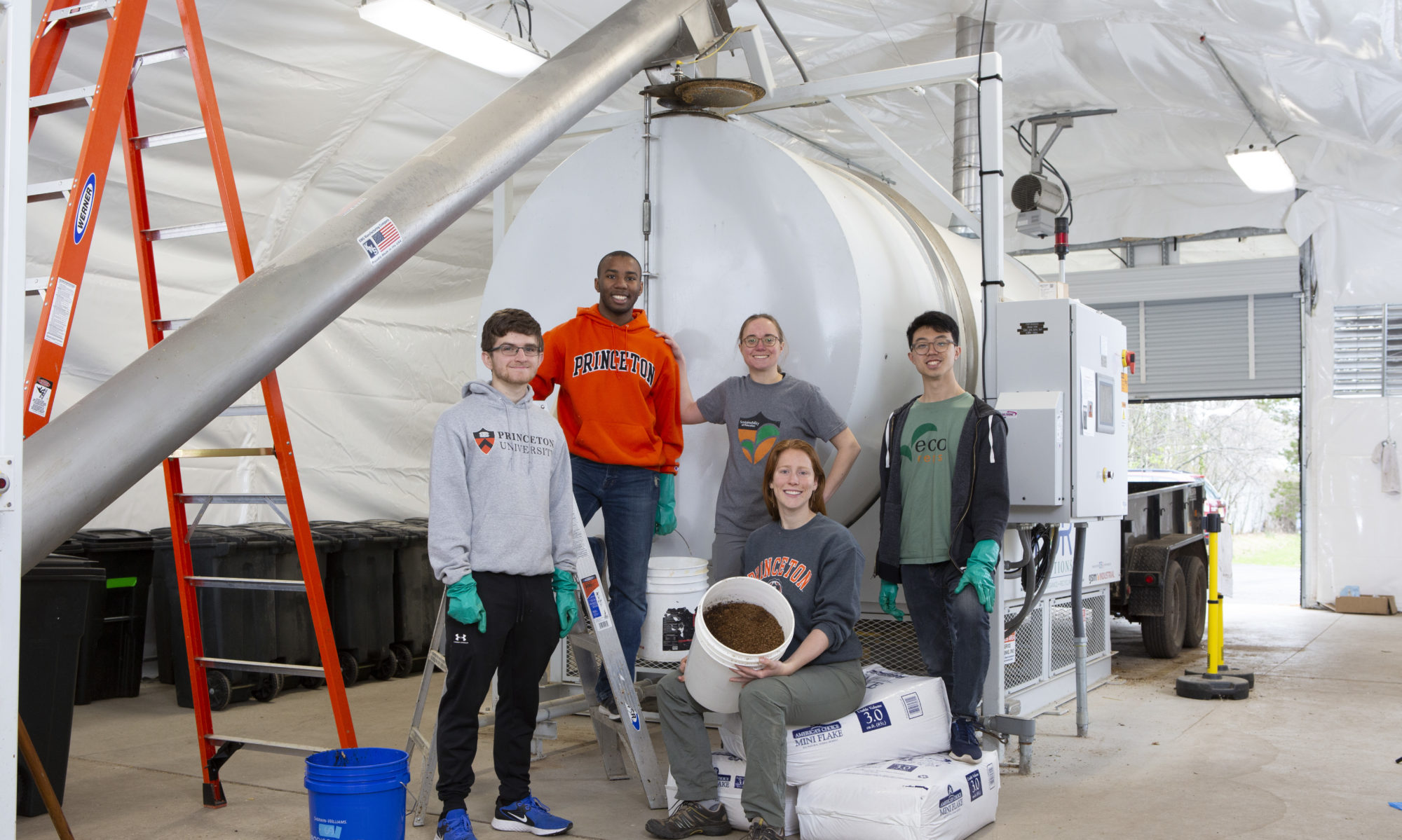Good morning ComPOSTer subscribers,
Yesterday, July 19th, Princeton University offered all faculty and staff a fully paid day off to recognize the significance of Juneteenth – the day 155 years ago when the last enslaved African Americans in the country learned of their freedom – and to provide space to contemplate how we can all do our part to eliminate structural and overt racism and other forms of discrimination on our campus, in our communities, and in our country.
As such, this post aims to raise awareness about how waste management and the larger food system have contributed to racial injustice and how composting can be a part of the solution to achieve a more equitable society.
The sustainability movement is not complete without racial equity
Along with violence and police brutality, the food system is another, yet under-acknowledged, area in which systemic racism against Black people exist. From the allocation of farm subsidies and marketing of fast food, to the siting of waste disposal facilities, the U.S. food system has economically discriminated against Black communities while unequally exposing them to environmental harms and diet-related diseases.
According to Black food justice leaders, the solutions to eliminate food system inequities are not solely a matter of access or education, but rather that of poverty alleviation. Funneling capital into Black communities and allowing the people to own their own land and businesses will provide Black people with the financial stability and empowerment to grow and consume accessible, affordable and nutritious food.
How does composting fit into the equation?
First off, it is important to note that indigenous people and African Americans, such as early civil rights figure, George Washington Carver, knew about the importance of composting and using compost to promote sustainable agriculture practices long before the organic farming movement became popularized by the Rodale Institute in the mid-1900’s.
That point aside, composting uneaten food at a local scale not only diverts material away from landfills or incinerators (which have been disproportionally sited near low-income and minority communities), but provides a soil amendment to support community food-growing operations, while also offering other benefits such as job creation, stormwater management, and more.
Shown below is a photo of Leah Penniman (far left) leading a youth group in maintaining a compost pile at Soul Fire Farm. Leah is one of the aforementioned food justice pioneers, and co-founded Soul Fire Farm in Grafton, NY with the intent of ending racism and injustice in the food system by reconnecting people of color to the land on their own terms.

To learn more about the intersection of food and/or composting, health, and race, see below for recommended readings:
Why Food Belongs in Our Discussions of Race
The Good Food Revolution: Growing Healthy Food, People, and Communities
